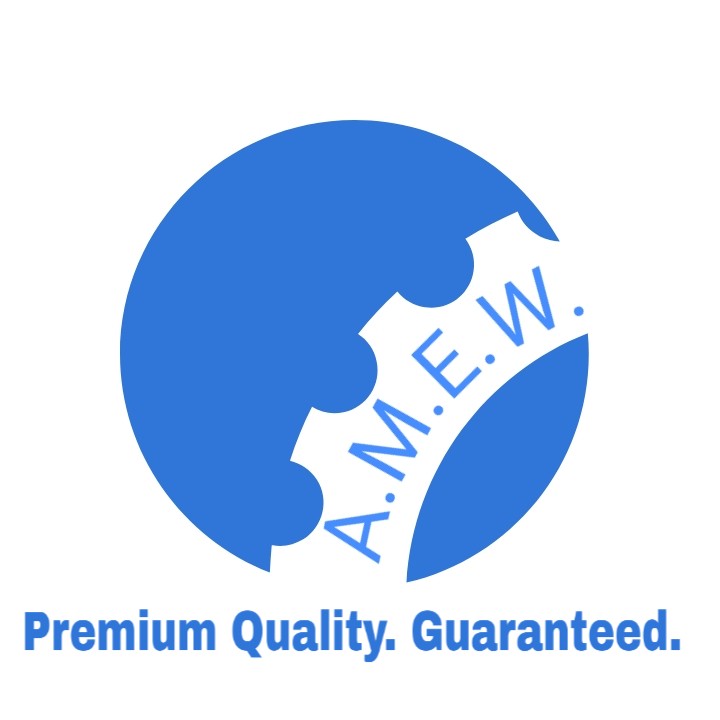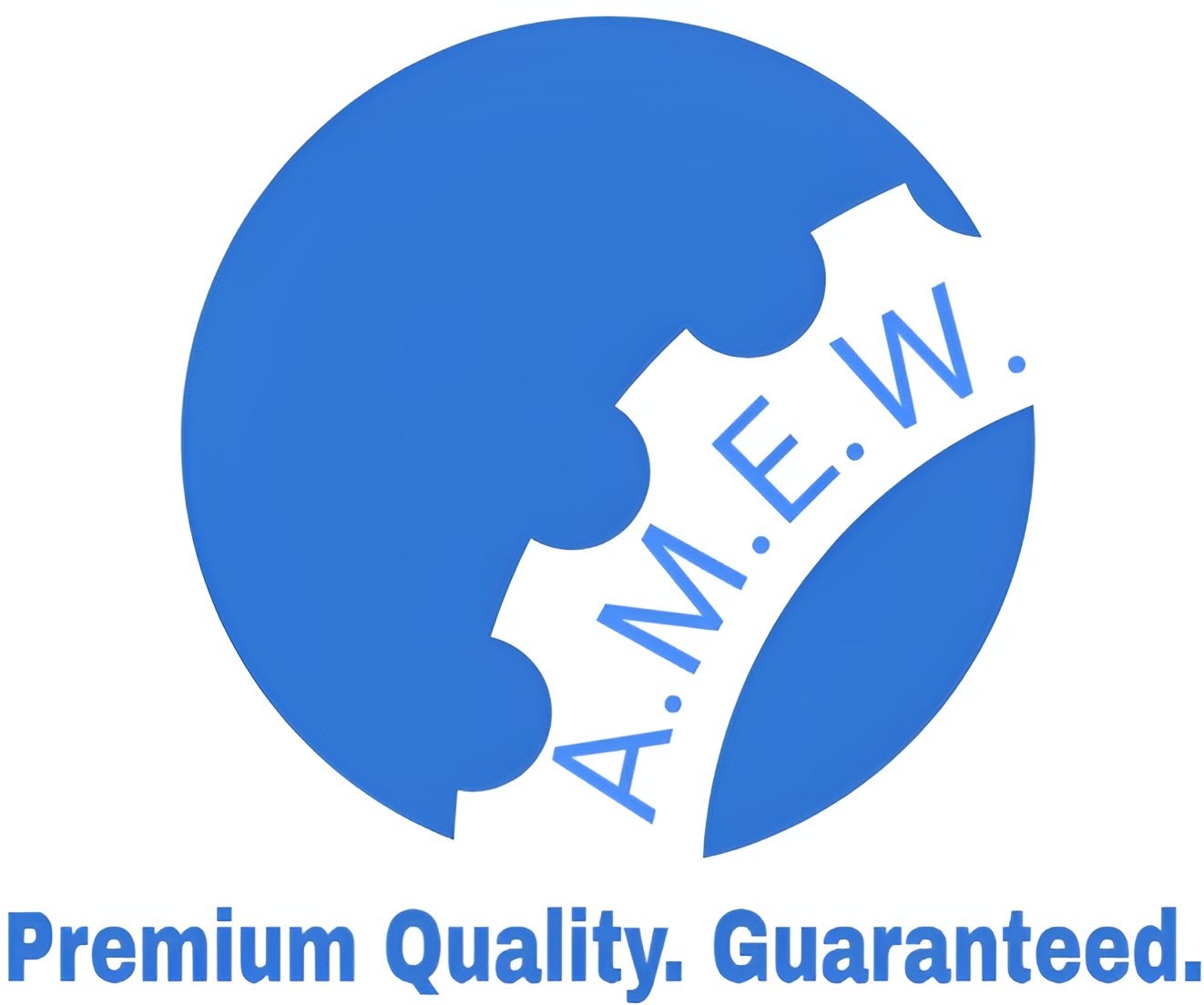Description
Somers: Premier Supplier of Precision Forgings for the Nuclear Industry
At Somers, we are a trusted supplier of high-quality forgings specifically designed for the nuclear industry, a sector where safety, precision, and durability are paramount. With over 100 years of experience in forging, we deliver nuclear-grade components that meet stringent regulatory standards and are built to withstand the extreme operational conditions of nuclear power plants and related facilities.
Our nuclear forgings are critical for ensuring the structural integrity and safety of nuclear reactors, turbines, and other essential equipment. Utilizing advanced forging processes and high-performance materials, we produce components that meet the strict requirements of nuclear energy production, providing exceptional performance, resistance to radiation, and corrosion resistance.
Table of Contents
- Applications of Forgings in the Nuclear Industry
- Key Forged Components for Nuclear Power Plants
- Grades of Materials Used in Nuclear Forgings
- Benefits of Nuclear Forgings
- Certifications and Standards for Nuclear Forgings
- Why Choose Somers for Nuclear Forgings?
- Our Nuclear Manufacturing Capabilities
1. Applications of Forgings in the Nuclear Industry
The nuclear industry demands components that offer reliability, strength, and resistance to radiation, heat, and corrosion. Forged components are essential for both nuclear fission reactors and nuclear fusion reactors, providing the necessary structural integrity and ensuring long operational life in critical applications such as:
- Nuclear Reactor Pressure Vessels: Forged components for the primary containment of nuclear reactions
- Turbine Rotors and Blades: Forged parts used in the power generation process
- Nuclear Steam Generators: Forged parts for transferring heat from the reactor to the steam system
- Control Rod Mechanisms: Forged components that regulate the rate of nuclear reactions
- Heat Exchangers: Forged tubes and plates for cooling and heat transfer systems
- Nuclear Fuel Handling Equipment: Forgings for cranes, lifting devices, and assemblies that handle nuclear fuel
- Pipework and Flanges: Forged pipe fittings and flanges that withstand high pressure and temperature in reactor cooling systems
Forgings are an integral part of ensuring the safety, longevity, and efficiency of nuclear power plants, making them indispensable for the safe generation of nuclear energy.
2. Key Forged Components for Nuclear Power Plants
At Somers, we manufacture a range of critical components that ensure the safe operation of nuclear power plants. Each forged component is made with precision engineering and designed to meet the high standards set by nuclear regulations.
2.1 Reactor Pressure Vessels
The reactor pressure vessel (RPV) is the core containment system that houses the nuclear reactor and coolant. Forged from high-strength materials, these vessels must withstand high pressures, extreme temperatures, and radiation exposure. Our forged pressure vessel components are essential for maintaining reactor safety and integrity.
2.2 Turbine Rotors and Shafts
Turbine rotors and shafts are critical for converting the thermal energy produced by nuclear reactors into mechanical power for electricity generation. Forged rotors offer high tensile strength and fatigue resistance, ensuring long-term reliability under the continuous operation of power generation turbines.
2.3 Heat Exchangers
Heat exchangers transfer heat from the reactor core to the steam turbines. We manufacture forged tubes and plates for heat exchangers, ensuring optimal thermal conductivity and resistance to corrosion in high-temperature environments.
2.4 Control Rods and Mechanisms
Control rods are used to regulate the nuclear reaction rate. Forged components for control rod mechanisms provide precision movement, wear resistance, and radiation tolerance, ensuring the safe operation of the nuclear reactor.
2.5 Steam Generator Components
In nuclear power plants, steam generators are responsible for producing the steam that drives the turbines. We supply forged tube sheets and headers for steam generators, which must resist high pressures and thermal cycling.
2.6 Pressure Relief Valves and Flanges
Pressure relief systems and pipework in nuclear power plants must withstand high-pressure environments. Forged flanges, valve bodies, and fittings ensure leak-proof and corrosion-resistant connections in nuclear cooling and steam systems.
2.7 Nuclear Fuel Handling Equipment
Forged components are used in specialized equipment for handling nuclear fuel. These include forged crane components, lifting mechanisms, and tools designed to safely move and install nuclear fuel rods.
3. Grades of Materials Used in Nuclear Forgings
In nuclear applications, the choice of material is critical. Components must not only offer strength and toughness but also exhibit resistance to radiation, corrosion, and extreme temperatures. At Somers, we use a variety of high-performance materials for our nuclear forgings, including:
| Material | Grade | Application |
|---|---|---|
| Carbon Steel | A508, SA-516 | Reactor pressure vessels, structural components, and turbine shafts |
| Stainless Steel | 304L, 316L, 321 | Corrosion-resistant components in reactors, heat exchangers, and pipework |
| Nickel Alloys | Inconel 600, Inconel 690, Hastelloy | High-temperature and corrosion-resistant components used in steam generators, turbine blades, and heat exchangers |
| Low Alloy Steel | SA-533, 2.25Cr-1Mo, SA-387 | Used for pressure vessels and heat exchangers due to its high strength and resistance to radiation embrittlement |
| Zirconium Alloys | Zr-2, Zr-4 | Nuclear fuel cladding and other reactor components that require radiation resistance |
| Cobalt-Based Alloys | Stellite 6B, Haynes 25 | High wear resistance in valve seats and control rod mechanisms |
| Maraging Steel | Grade 250, Grade 350 | Used for turbine shafts and other high-strength components |
These materials are selected based on their mechanical properties, radiation tolerance, and thermal stability, ensuring that our nuclear forgings maintain their integrity over decades of service.
4. Benefits of Nuclear Forgings
Forging offers several advantages that make it the preferred manufacturing method for critical components in nuclear applications:
4.1 High Strength and Durability
Forged components offer superior mechanical strength compared to cast or machined parts. This is especially important in nuclear applications, where components must withstand extreme forces and high operational stress over long periods.
4.2 Radiation Resistance
Many of the materials we use, such as stainless steel and low-alloy steels, are chosen for their ability to withstand radiation-induced degradation. This ensures that components remain safe and functional even after prolonged radiation exposure.
4.3 Corrosion and Thermal Resistance
Nuclear forgings are often exposed to high temperatures and corrosive environments, such as coolant systems or steam generators. Forged components offer improved resistance to thermal stress and corrosion, ensuring longer service life and reducing maintenance costs.
4.4 Improved Structural Integrity
The forging process aligns the metal grain structure, enhancing the fatigue resistance and fracture toughness of the components. This is critical for applications like reactor pressure vessels and turbine shafts, where even minor flaws can lead to catastrophic failure.
4.5 Tailored Customization
Forging allows for greater design flexibility and customization, enabling manufacturers to produce components that meet the specific requirements of different nuclear reactors and power systems.
5. Certifications and Standards for Nuclear Forgings
At Somers, we adhere to the strict regulatory standards required by the nuclear industry. Our nuclear forgings are manufactured in compliance with all relevant industry standards and certifications, including:
- ASME Section III: Standards for nuclear component manufacturing
- NQA-1 Certification: Nuclear quality assurance requirements
- ISO 9001: General quality management system certification
- ISO 14001: Environmental management system certification
- PED (Pressure Equipment Directive): Certification for pressure equipment
- RCC-M Code Compliance: Standards for the design and construction of mechanical components in nuclear power plants
- Nuclear Regulatory Commission (NRC): Compliance with U.S. regulations for nuclear power components
These certifications ensure that our forgings meet the highest quality, safety, and reliability standards required by the nuclear industry.
6. Why Choose Somers for Nuclear Forgings?
6.1 Proven Expertise
With decades of experience serving the nuclear industry, Somers has a deep understanding of the unique challenges and regulatory requirements of nuclear power generation. Our team works closely with clients to develop forgings that meet strict operational standards.
6.2 Quality Assurance
We employ rigorous quality control processes to ensure that every forging meets the highest industry standards. From material selection to final inspection, we are committed to delivering forgings that ensure safety and longevity in nuclear environments.






